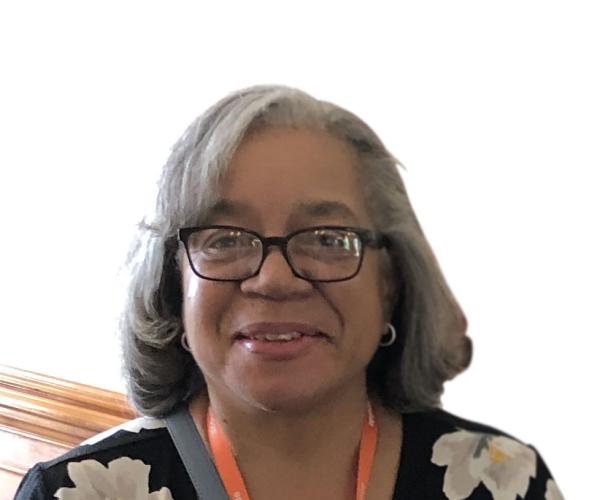
CCNY cancer expert Karen Hubbard is co-leader of a $6 million Stand Up To Cancer® funded effort to increase diversity in clinical trials. Mount Sinai , Albert Einstein Cancer Center and Columbia University are the other participants.
The City College of New York is partnering with three other institutions in an innovative effort to address the low participation of Black, Indigenous and People of Color (BIPOC) in cancer clinical trials. Dubbed the SU2C Health Equity Breakthrough Team; CCNY, lead institute Mount Sinai Hospital, the Albert Einstein Cancer Center and Columbia University’s Herbert Irving Comprehensive Cancer Center, begin the project with $6 million in support from Stand Up To Cancer® (SU2C), which funds new and promising cancer research treatments.
“Cancer research has made tremendous progress but has not benefited all patients equitably,” said Edith Perez, MD, vice chair of the SU2C Scientific Advisory Committee, chair of SU2C’s Health Equity Committee, professor of medicine at the Mayo Clinic and chief medical officer at Bolt Biotherapeutics. “It is incumbent upon the medical community to ensure that new treatments are available and effective for all, and one of the key pieces to accomplishing that aim is to ensure diversity in clinical trials. This team, representing some of the best minds in social science and cancer research, can help us explore this critical issue and develop much-needed new norms for cancer care.”
Participation by BIPOC patients in all clinical trials has traditionally been very low. A recent U.S. Food and Drug Administration report noted that only 4% of clinical trial participants are Black and 5% are Hispanic. This is despite the fact that minority groups overall in the U.S. have both the highest death rate and shortest survival rate for most cancers.
The team will work with community-based groups and community oncologists in New York City to help engage people from medically underserved communities and try to establish new standards regarding their views on cancer care and research.
“Currently, most tactics to increasing diversity in cancer research involve approaching patients after they are diagnosed with cancer,” said Karen Hubbard, Professor of Biology in CCNY’s Division of Science and the team’s co-leader. “We want to find ways to educate people in these communities about this research much earlier in the process. So, if someone is diagnosed with cancer, it won’t be the first time they’ve heard about clinical trials.”
Hubbard has extensively studied age and race-related differences in cancer treatment outcomes and is committed to training diverse students from underserved communities. She has since 2002 headed The City College of New York- Memorial Sloan-Kettering Cancer Center Partnership whose mission is to develop future cancer researchers.
About the City College of New York
Since 1847, The City College of New York has provided a high-quality and affordable education to generations of New Yorkers in a wide variety of disciplines. CCNY embraces its position at the forefront of social change. It is ranked #1 by the Harvard-based Opportunity Insights out of 369 selective public colleges in the United States on the overall mobility index. This measure reflects both access and outcomes, representing the likelihood that a student at CCNY can move up two or more income quintiles. In addition, the Center for World University Rankings places CCNY in the top 1.8% of universities worldwide in terms of academic excellence. Labor analytics firm Emsi puts at $1.9 billion CCNY’s annual economic impact on the regional economy (5 boroughs and 5 adjacent counties) and quantifies the “for dollar” return on investment to students, taxpayers and society. At City College, more than 16,000 students pursue undergraduate and graduate degrees in eight schools and divisions, driven by significant funded research, creativity and scholarship. CCNY is as diverse, dynamic and visionary as New York City itself. View CCNY Media Kit.
Jay Mwamba
p: 212.650.7580
e:
jmwamba@ccny.cuny.edu
View CCNY Media Kit.